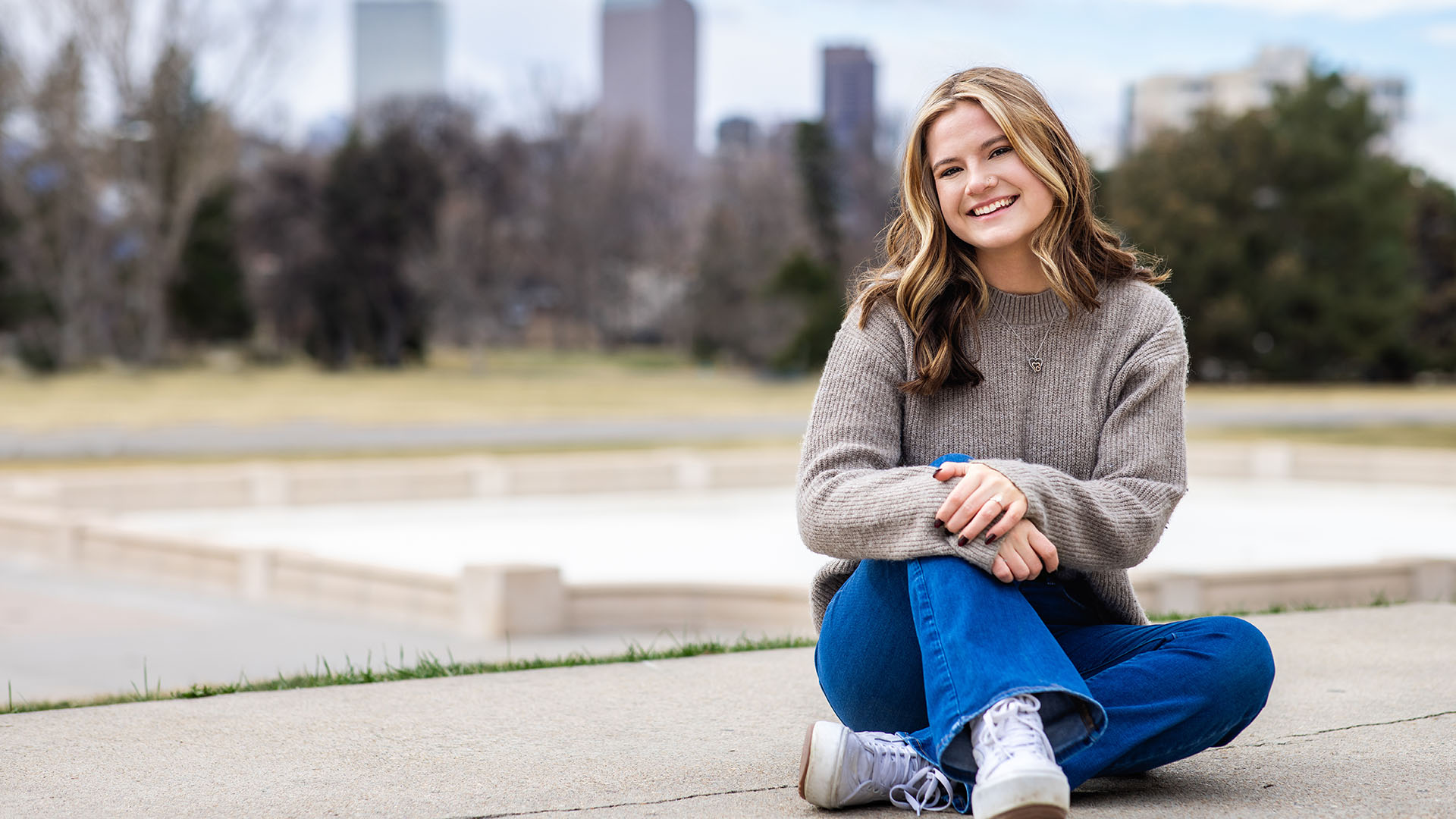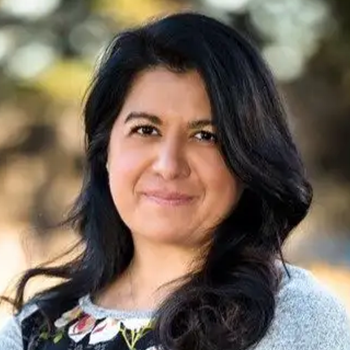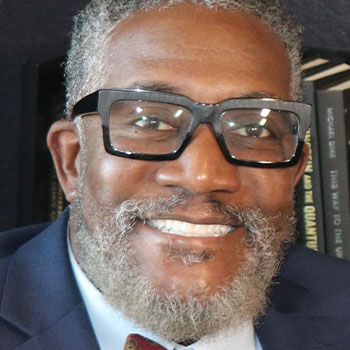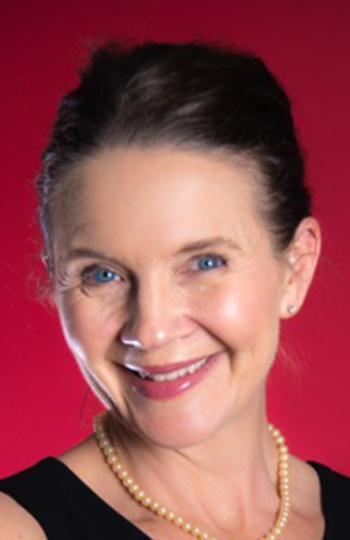Keeping preschoolers in the classroom
Early childhood education experts applaud a new Colorado law limiting suspensions and expulsions for young students.
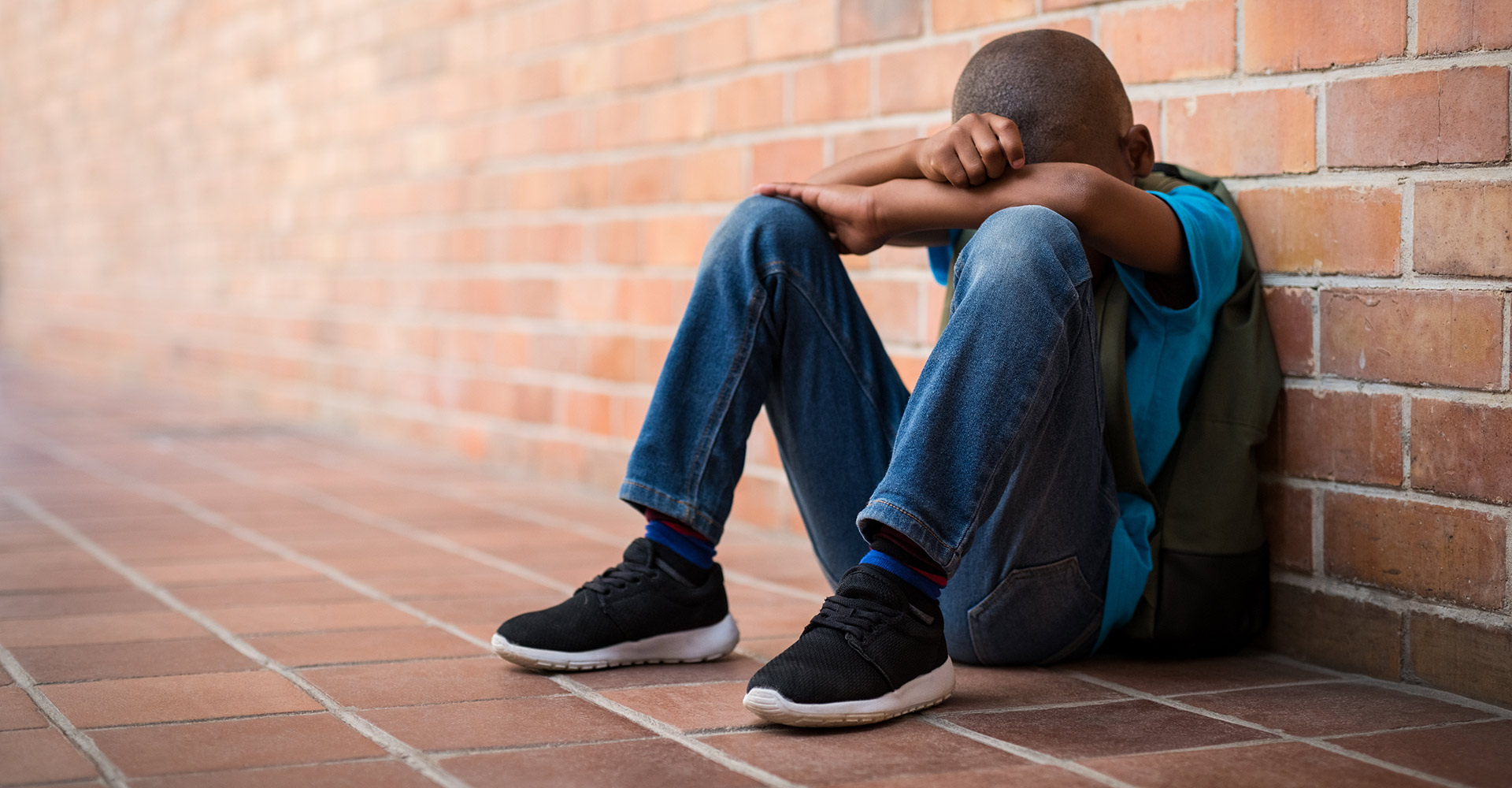
A new Colorado law eliminates most school suspensions and expulsions for the state’s youngest students.
Gov. Jared Polis on May 13 signed HB19-1194 limiting suspensions and expulsions for preschoolers through second graders in state-funded programs and schools. The legislation includes exceptions for serious offenses, such as safety, drug or weapon issues.
The law is badly needed in Colorado and starts to address the national epidemic in school suspensions, said Rosemarie Allen, an associate professor of early childhood education at Metropolitan State University of Denver.
“One of the things we know from research is that suspensions do not work – they cause more harm. Children come back (to school) and behave far worse than before they were suspended,” she said. “What’s sad is those children never learn the desired behaviors. They’re just punished. No one takes the time to teach them.”
The data on suspensions show the disciplinary action to be both a developmental and an equity issue, Allen said. Nationwide, preschool students are suspended three times more frequently than those in kindergarten through grade 12 combined, and students who are suspended in any grade are 10 times more likely than their peers to enter the juvenile justice system, she said.
Black students are also nearly four times as likely to be suspended than their white peers, data from the U.S. Department of Education show. The most recent suspension statistics from the Colorado Department of Education show that black students accounted for 10% of all out-of-school suspensions despite only making up 4.6% of the student population, while Latino students accounted for 42% of those suspensions and 33.7% of the population. White students accounted for 40% of out-of-school suspensions and 53.4% of the population.
Addressing behavioral issues in an early childhood setting instead of kicking kids out of school is a smart cost-benefit strategy, Allen said.
“When you put the work in up front, then you don’t have the issues that you have to deal with later,” she said. “You’re going to put in the time, one way or the other.”
Allen has been studying and working on solutions to student suspensions for years. She spoke about the issue at TEDxMileHigh 2016 and testified in favor of HB19-1194 early this year. The issue is also personal for her: In addition to being an education professor and legislative advocate, she was once a black student who was frequently suspended.
“One of the reasons I’m so passionate about restricting suspensions is because I was that child. I was suspended a lot,” she said. “In order to really address achievement gaps, we need to address the discipline gap. Those who stand to benefit the most are denied the opportunity because they’re being suspended the most.”




